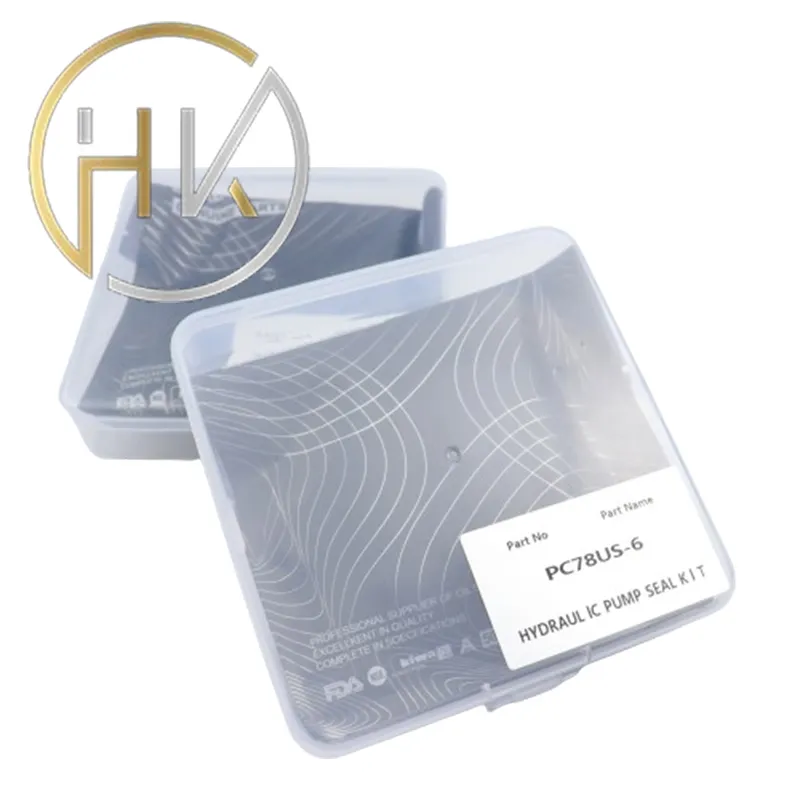dec . 24, 2024 13:40 Back to list
Understanding Pump Seal Oil and Its Importance in Machinery Performance
Understanding Pump Seal Oil Importance, Functions, and Best Practices
In various industrial applications, pumps serve a critical role in the transport of fluids, whether that involves water, chemicals, or other materials. However, the efficiency and longevity of a pump are heavily reliant on proper lubrication and sealing. This is where pump seal oil comes into the picture. Understanding the importance of pump seal oil, its functions, and best practices for its use can significantly enhance both the performance and lifespan of pumping systems.
The Importance of Pump Seal Oil
Pump seal oil is specifically formulated to create an effective seal between moving and stationary parts in a pumping system. This oil serves multiple essential functions, primarily to prevent leaks, reduce friction, and dissipate heat. A good seal minimizes the risk of fluid escape, which can lead to environmental hazards and increased operational costs. Additionally, keeping the machinery lubricated reduces wear and tear on critical components, ultimately leading to fewer breakdowns and maintenance needs.
When pumps operate, especially under high pressure or with viscous fluids, the risk of wear on seals and other components is heightened. This is why utilizing the right type of pump seal oil is crucial. The characteristics of seal oil, including its viscosity, thermal stability, and resistance to degradation, need to be suitable for the specific operational conditions of the pump.
Key Functions of Pump Seal Oil
1. Leak Prevention One of the primary functions of pump seal oil is to create a barrier that minimizes the escape of fluids from the pump system. Effective sealing helps maintain operational efficiency and minimizes the likelihood of hazards associated with leaks.
2. Lubrication Pump seal oil acts as a lubricant, reducing friction between the moving parts of the pump. This lubrication plays a crucial role in minimizing heat generation and wear, ensuring that the pump operates smoothly.
3. Heat Dissipation High operational temperatures can lead to decreased efficiency and potential pump failure. Pump seal oil assists in dissipating heat generated by friction, thereby maintaining optimal operating temperatures.
4. Corrosion Resistance Many industrial applications involve fluids that can be corrosive or reactive. Quality pump seal oils are designed to offer protection against such conditions, extending the operational life of seals and internal components.
Choosing the Right Pump Seal Oil
Selecting the appropriate pump seal oil is fundamental to ensuring optimal performance. Factors to consider include
pump seal oil

- Viscosity The viscosity of the oil should match the pump's operating conditions. Too thick oil can lead to slow responses in the sealing system, while oil that is too thin may not provide adequate lubrication.
- Chemical Compatibility It is essential to choose oils that are chemically compatible with the fluids being pumped. This will prevent degradation of the oil, which can lead to failed seals and increased wear.
- Temperature Stability The oil should retain its properties across the temperature range of the application. Oils with high thermal stability are preferable in environments where heat generation is a concern.
Best Practices for Pump Seal Oil Usage
To maximize the benefits of pump seal oil, it is essential to implement the following best practices
1. Regular Monitoring Regularly check the quality and level of pump seal oil. Contamination or depletion can lead to reduced efficiency and potential failure.
2. Scheduled Maintenance Engage in scheduled maintenance routines that include changing the oil as per the manufacturer's specifications. This practice helps remove contaminants and ensures continued effectiveness.
3. Training Personnel Ensure that all personnel handling pump operations are trained in the importance of seal oil and familiar with best practices for maintenance and monitoring.
4. Utilize Proper Products Always use manufacturer-recommended pump seal oils and avoid mixing different types of oils, which can lead to unforeseen complications.
Conclusion
In conclusion, pump seal oil plays a vital role in the effective and efficient operation of various pumping systems in industrial applications. By understanding its importance, functions, and best practices for use, organizations can enhance the reliability and lifespan of their pumps. This not only improves operational efficiency but also aligns with safety and environmental considerations, ultimately leading to a more sustainable approach to industrial fluid management.
-
The Trans-formative Journey of Wheel Hub Oil Seals
NewsJun.06,2025
-
Graphene-Enhanced Oil Seals: Revolutionizing High-Pressure Oil Sealing
NewsJun.06,2025
-
Future of Hydraulic Sealing: Advanced Intelligent TCN Oil Seals
NewsJun.06,2025
-
Don’t Let a Broken TCV Oil Seal Ruin Your Day
NewsJun.06,2025
-
Bio-Inspired Dust Seals for Better Sealing Performance
NewsJun.06,2025
-
Biodegradable and Sustainable Hydraulic Seal Materials
NewsJun.06,2025
-
Top Oil Seal Solutions for Your Industrial Needs
NewsMay.22,2025
Products categories
















